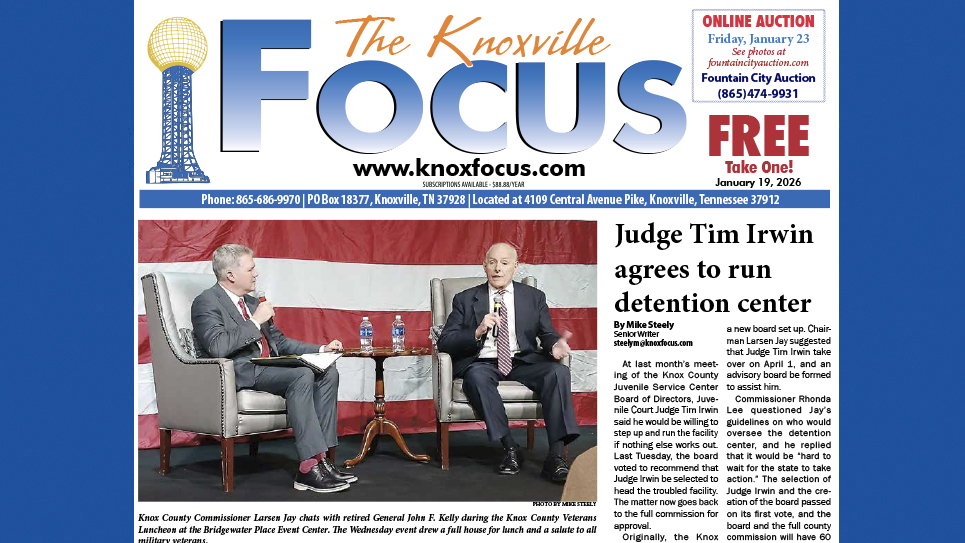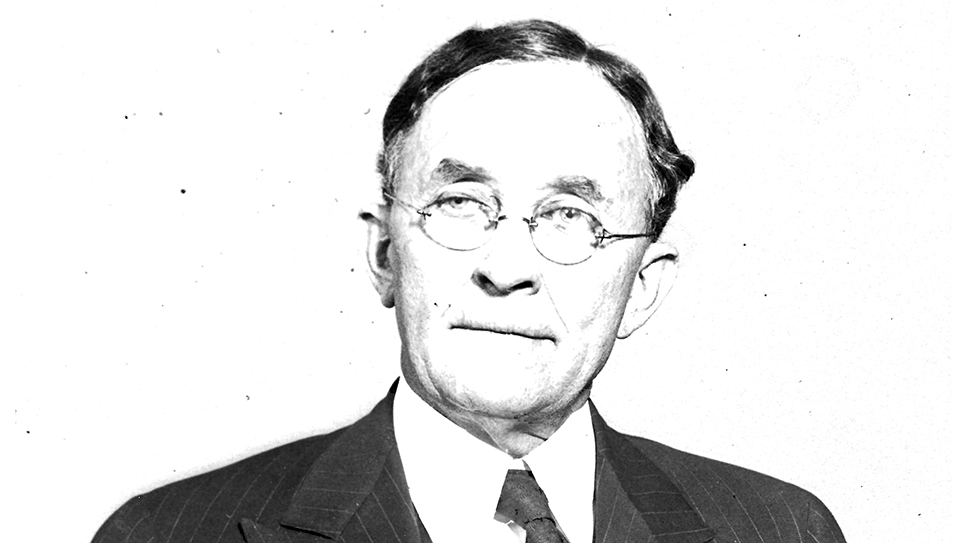I am that I am.
God (Exodus 3:14)
Where do you go when you go to sleep? Of course, the logical answer is nowhere because you’re in your bed. Arguably, your body and brain may be in bed, but where are your thoughts? If I turn off my computer where do these words go?
In antiquity, the life force was associated with breathing. Later, life was associated with a beating heart and circulating blood which carried the life force. We moderns think life resides in the integrated neural network of the brain which produces our thoughts.
Conceptually, there is a difference between one’s brain, which is an organ, and the mind, composed of thoughts. We can see and touch the brain and can even measure the electrochemical neural activity of the brain with an EEG, or electroencephalogram. But we cannot measure a thought. If you undergo general anesthesia the conscious mind is rendered unconscious and does not think, even though aspects of your brain continue to function controlling heart rate, circulation, etc.
When we sleep the brain continues to function, but the mind is not thinking. The 17th century French scientist, mathematician and philosopher Rene Descartés, coined the phrase, “Cogito ergo sum.” Translated from Latin, “I think, therefore I am.” So, if we don’t think, are we less than a complete human being?
You might argue that you periodically dream and therefore “think” every 90 minutes or so during these dreams. However, this is far less than our conscious awareness and thoughts. I am not a fan of Sigmund Freud, who made a big deal of the ill-defined and unmeasurable “subconscious” mind.
You may find these reflections absurd, but luminaries from many disciplines have considered these questions far longer than I have been alive. And actually, I find many aspects of our modern culture far more absurd than the questions of mind and matter.
Consider the following: I am the titular leader of a book club consisting of doctors, lawyers, businessmen, a former judge and a congressman. I shared with them my confusion over the recent notions of personal pronouns espoused by so-called progressives. My educated friends were similarly flummoxed by this modern absurdity.
While I believe anyone can choose their name or what they want to be called, pronouns are part of the English language and should not be bastardized. Case in point, if Kanye West now wants to be called “Ye” (short for Kanye?), so be it. Over the years, the musical artist Prince had more than a dozen different names. When I was a boy, I was known as Jimmy, but when I became a man, I preferred Jim. At least I know what I am. I am not gender conflicted as some seem to be in this absurd world.
Contrary to English, the Spanish language designates nouns or objects as either male or female. It was absurd when wokesters decided to change the Spanish language and use the non-sexual term Latinx. This was a dismal failure like everything liberal progressive Democrats promote.
I have developed a keen interest in the English language since I became an adult. English does not have different forms for the singular and plural pronoun “you.” Hence, you can refer to an individual or a multitude with the same pronoun. We southerners get around such vagaries by saying “you all” for a group of people. In the deep south, this is often contracted to “y’all,” whereas our northern and mid-western cousins use the term “you guys.”
I am in a weekly Bible study group with half a dozen women, including my wife, Becky. Many times, I’ve asked if they object to God being referred to as He. The answer is no because the ladies understand the Bible was written during the time of a patriarchal society. I believe that women are every bit equal to men and sometimes better.
Interestingly, in antiquity, the northern tribes of Israel called God, Elohim, whereas the southern tribes of Judah and Benjamin referred to God as Yahweh. Personally, I don’t know what personal pronouns God uses or his preferred name. I don’t believe that God is he or she or it. In my first novel, “Epiphany,” I referred to the Creator as the vast Intelligence (Mind). Since the fourth century A.D., Christians envision the Deity as triune, comprised of the Lord God, Jesus Christ and the Holy Spirit. As a result, I pray to LJS.
It is mid-week and I have a 1000-word essay due by 9 a.m. Friday morning. You may find it absurd, but I enjoy my second career as a writer. I was a good doctor and enjoyed my career in medicine. However, during those decades of practice, I dreamed of a job that would allow time for research and reflection. It never happened. My days were filled with taking care of people and being a father and a husband. Many years ago, I saw an insurance commercial that stated that retirement is when you pay yourself to do what you really want to do. I have that time now for reflection and a second career.
The leaves are falling this afternoon like drops of silent rain before the approaching storm. I love storms and we need rain. As I sit on my porch, I reflect on the things I love: my life, my wife and my Lord Jesus Christ. I have been blessed and I hope my journey continues. But life is fleeting (Isaiah 40:8).
Last week Becky and I had supper with a group of friends from our 1969 West High School graduating class. We are all getting older and several in our cohort are seriously ill and a number of our classmates have “passed on.” I like this phrasing better than referring to someone who “passed away.” Perhaps an even better vision of death is a “quantum leap into eternity.” But that seemingly absurd reflection is for another time.
As the leaves swirled around me, I thought of sick friends and the wonderful book, “The Fall of Freddie the Leaf” by Leo Buscaglia. It is a children’s book, but a magical story of transcendence.
All of us will one day pass on and leave younglings behind. As a writer I have learned it is best to paint pictures with words and “show rather than tell.”
Buscaglia’s inspirational word pictures shine like golden hickory trees bathed in the sunlight of a fall afternoon.






